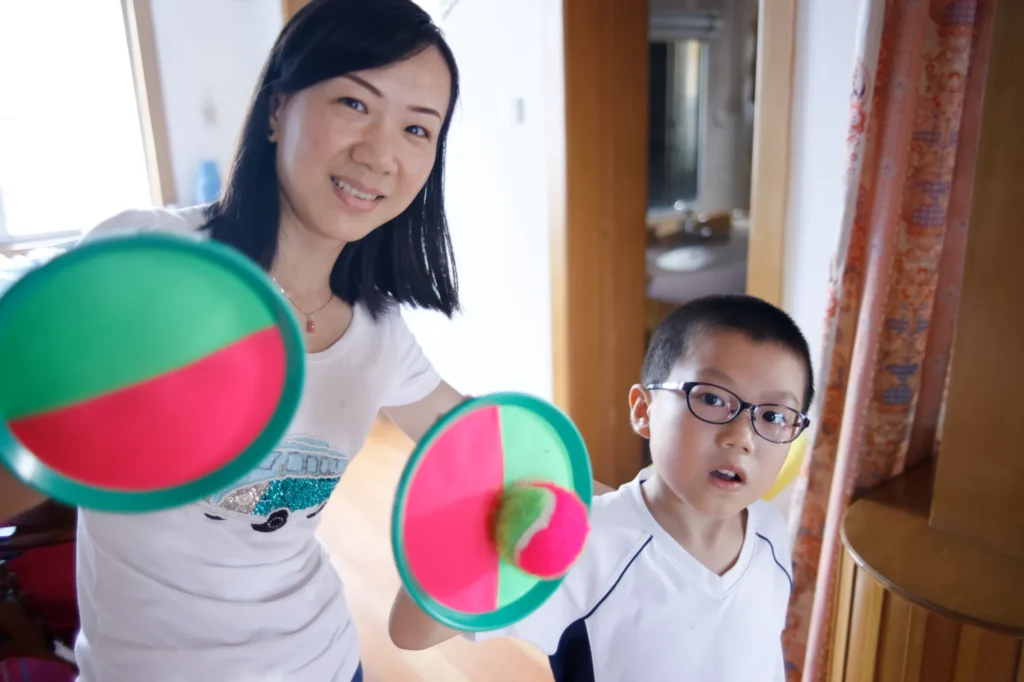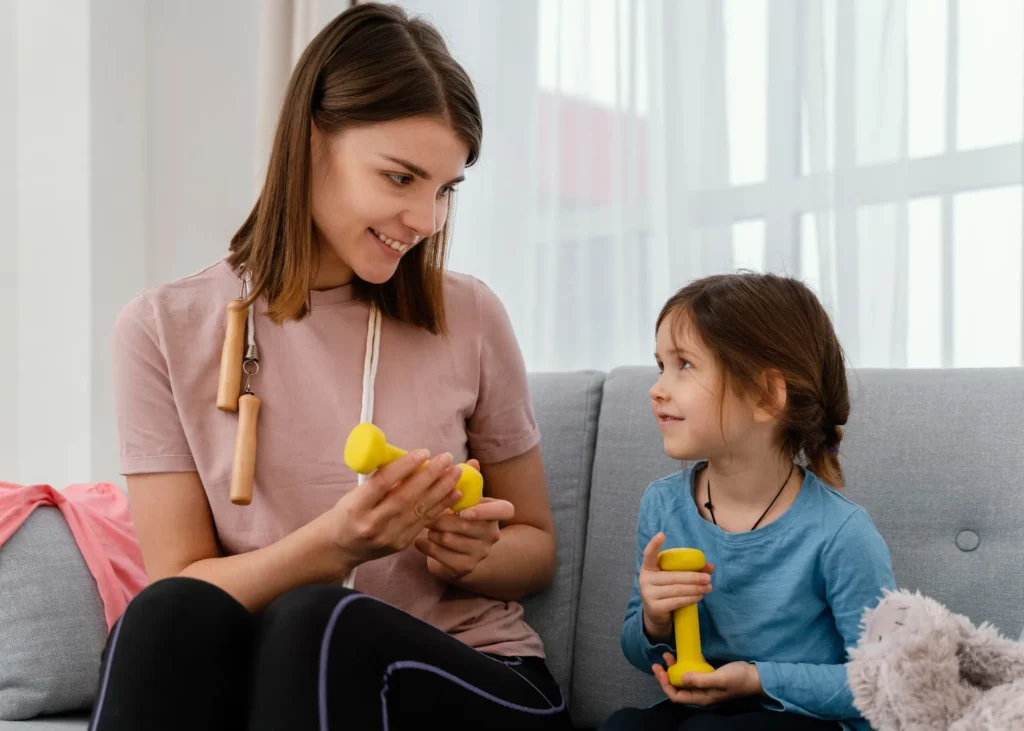

Our speech therapists help participants develop communication skills in ways that suit them. This includes building vocabulary, using AAC (like picture boards or communication devices), forming clear sentences, and understanding instructions. For participants who don’t use words to speak, we provide tools and routines that support reliable communication.

Our occupational therapists work with participants to recognise how emotions feel and what to do when things become overwhelming. This support often includes visuals, calming activities, movement breaks, or quiet routines that help reduce distress and improve self-control.

Our occupational therapists create daily routines using visuals, timers, and consistent steps. We also help participants prepare for changes—such as stopping an activity or going to a new place—so transitions feel more manageable and less stressful.

Our occupational therapists identify which sounds, textures, movements, or lights are difficult or helpful. We offer tools like fidget items, noise-reduction headphones, weighted objects, or changes to the environment that help the person stay regulated and feel comfortable.

Our occupational therapists teach practical skills like brushing teeth, getting dressed, packing a bag, preparing meals, and using public transport. Tasks are broken into simple steps and taught through repetition, visuals, and supportive prompts.

Our speech and occupational therapists support participants to join in conversations, play with others, take turns, and understand social space. We also help with flexible thinking, for example, when plans change or something unexpected happens.
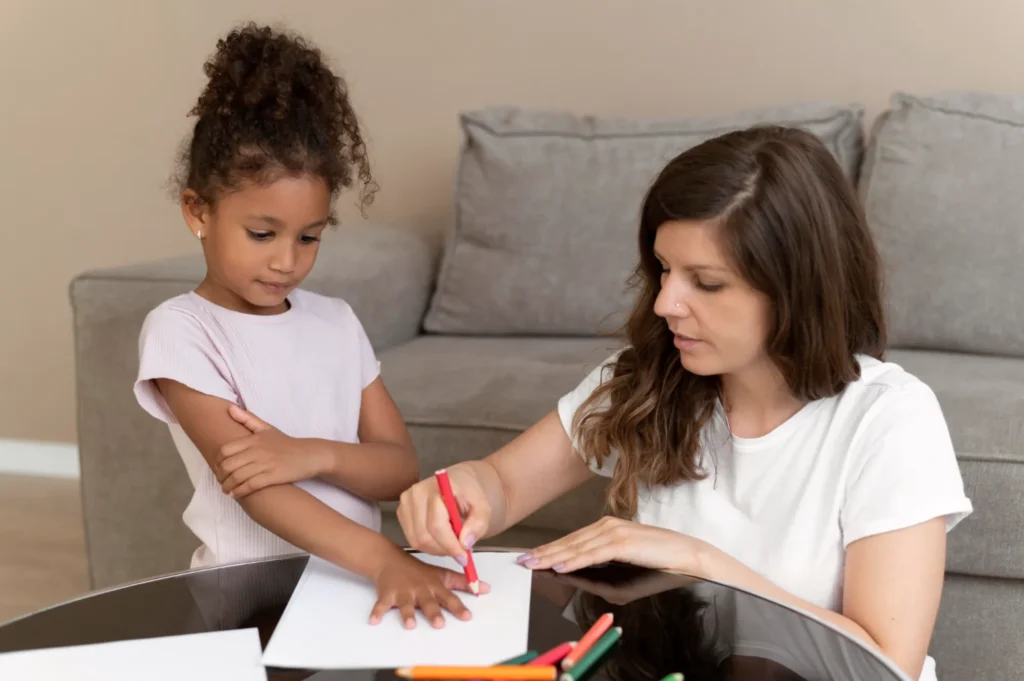
We offer speech therapy and occupational therapy for autistic children, teenagers, and adults through the NDIS. Our speech therapy helps you develop communication skills, including building vocabulary, using AAC, improving sentence structure, understanding social language, and reducing frustration when communication breaks down.
Our occupational therapy supports you in managing emotions, sensory processing, daily routines, task planning, and other everyday challenges. We help with practical skills like dressing, eating, writing, and managing transitions, tailoring our approach to your strengths, communication style, and individual needs.
We work closely with your family, carers, and educators to make sure therapy fits into your daily life, not just the session. We support both self-managed and plan-managed participants.
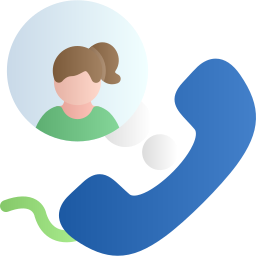
Contact our team by phone, email, or enquiry form. We’ll listen, answer your questions, and explain how we can support your NDIS plan.
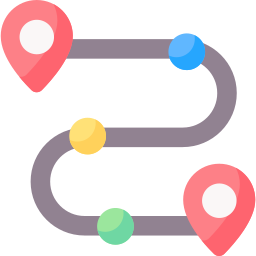
We’ll schedule a time to talk in more detail. You can share what’s important, what’s working, and where support is needed. We’ll take it from there.
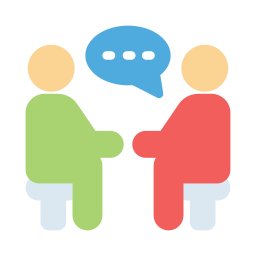
Once we’ve agreed on a plan, we’ll begin sessions with the right therapist. Support is delivered in a way that’s consistent, respectful, and practical.
If the school or centre agrees, we can run sessions there. Sometimes being in a familiar place helps the person feel more settled. We can also speak with teachers or educators (with your permission) to make sure everyone understands how to support the participant. It helps when the same strategies are used at school and during therapy.
You don’t need a doctor’s referral to start therapy with Zenzability. If you have an active NDIS plan, you can contact us directly. We’ll ask for some information about the participant and their NDIS goals. If you have reports from other providers (like speech, OT, or paediatricians), we’re happy to read them—but they’re not required to get started.
Therapy is for people of all ages. Some of our participants are in high school or TAFE. Others are young adults building independence. We support adults too—whether they’ve been in therapy before or are just starting now. Sessions are always adapted to suit the person’s age, interests, and daily life.
We use things that help the person feel calm, focused, or understood. This might include visuals, fidget items, timers, picture cards, weighted toys, or AAC devices. Some tools are brought by the therapist; others are already in the person’s home or school. We choose tools that match the person.
